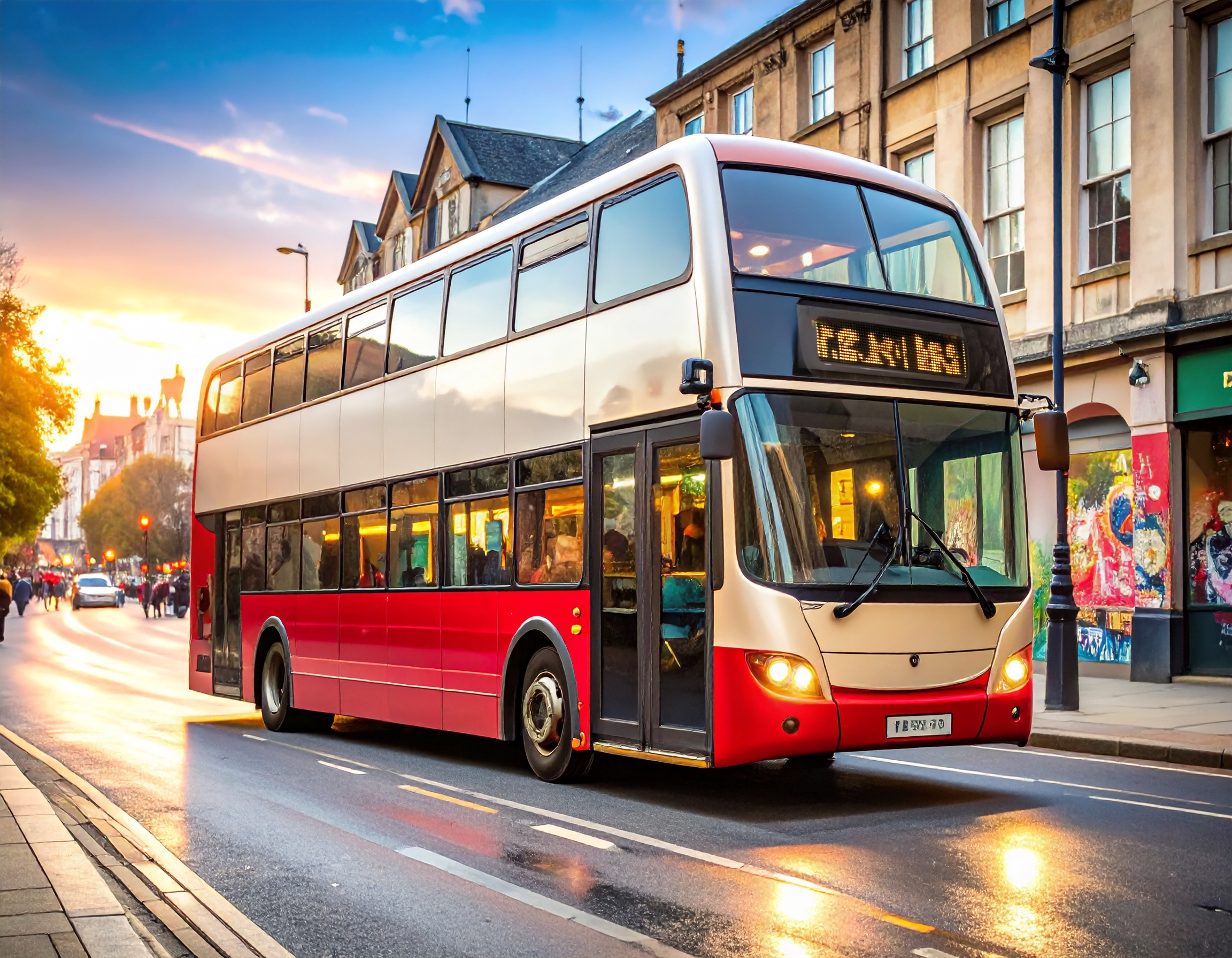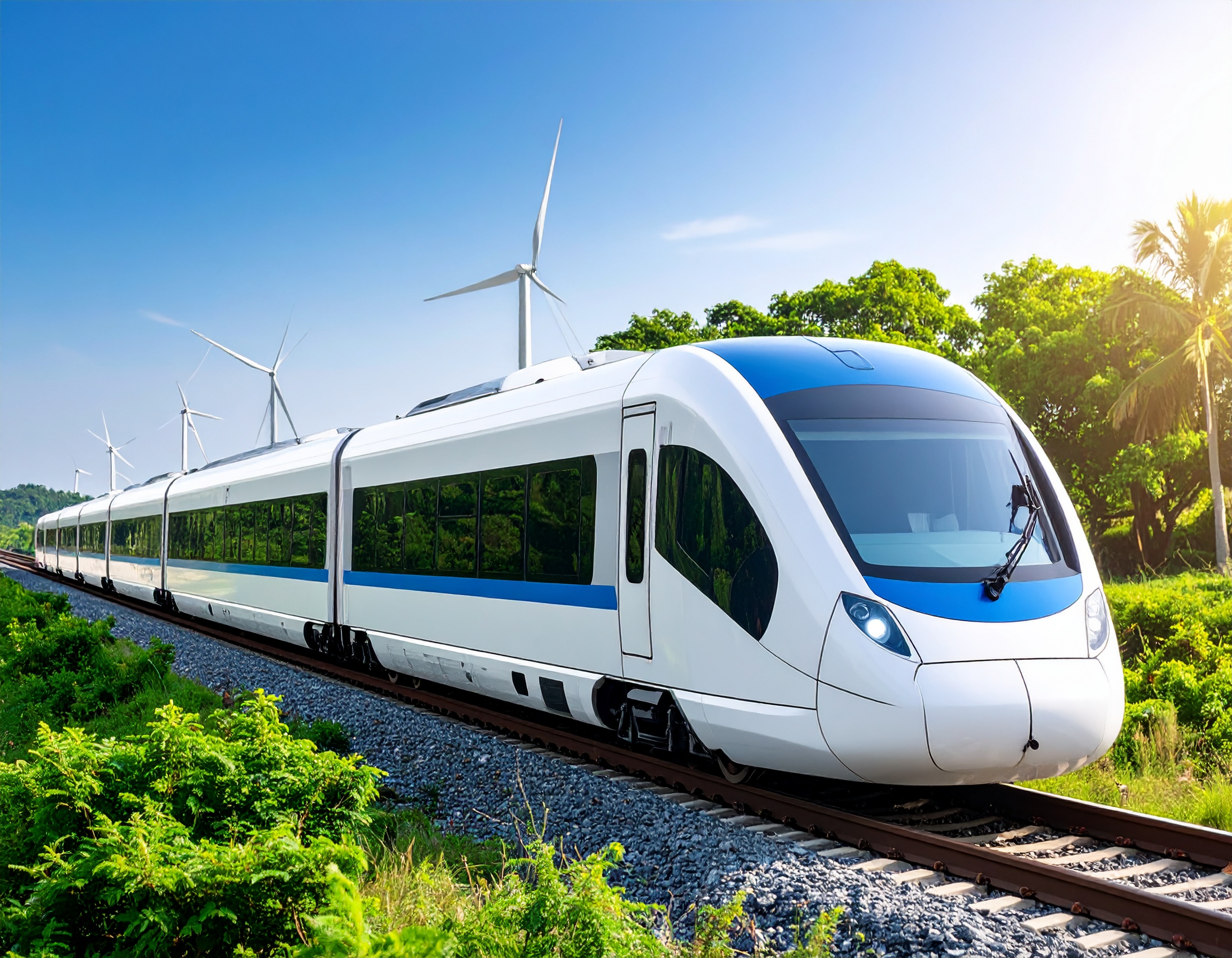Swansea to Replace Ageing Diesel Fleet with Hydrogen Buses by 2027

Swansea is set to become the first city in Wales to adopt hydrogen-powered buses at scale, as part of an ambitious plan to modernise its ageing diesel fleet and lead the nation in clean transport innovation. Backed by Transport for Wales and Swansea Council, the initiative will support the Welsh Government’s Net Zero commitments and transform the region’s public transport infrastructure.
Under proposals outlined in the South West Wales Regional Transport Plan (2025–2030), Swansea could see hydrogen-powered buses operating on key city routes by 2027, supported by the development of a new hydrogen refuelling hub on Fabian Way. The move aligns with wider efforts to decarbonise public transport and reduce car usage across Wales.
Stuart Davies, Head of Highways and Transportation at Swansea Council, commented:
“We’re not just replacing old vehicles—we’re rethinking how public transport works in a low-carbon future. Hydrogen technology offers fast refuelling, lower emissions, and the scalability we need to support regional growth.”
The plan, shaped by over 1,700 residents and stakeholders, also includes investment in active travel routes, improved bus service frequencies, and key infrastructure upgrades, including the replacement of Baldwin’s Bridge to improve connectivity in the SA1 development area.
Key Highlights:
- Introduction of hydrogen fuel cell buses in Swansea by 2027
- Construction of a hydrogen refuelling station near Fabian Way
- Transition to a zero-emission bus fleet with a mix of hydrogen and electric vehicles
- Rollout of bus franchising reforms across Southwest Wales, starting in Swansea
- Support for Welsh Government’s goal to reduce car miles by 10% and increase public transport usage to 45% by 2030
Hydrogen fuel cell buses offer an environmentally friendly alternative to diesel, generating electricity from hydrogen and emitting only water vapour. Unlike battery-electric buses, they can be refuelled in minutes, making them ideal for high-frequency urban routes.
Matt Bowyer, Group Leader for Highways at Swansea Council, added:
“Encouraging people to leave their cars behind is a major challenge—but by investing in clean, reliable, and modern public transport, we’re making that choice easier.”
The Welsh Government has confirmed its support for public transport decarbonisation and fleet renewal. In a statement, Ken Skates, Cabinet Secretary for Transport and North Wales, said:
“We are actively exploring low-emission fleet options, including hydrogen and electric vehicles, to reduce emissions and modernise the public transport system in Swansea.”
This bold investment in sustainable transport solutions will see South West Wales become the first region to pilot the new bus franchising model in 2027. Local councils, Transport for Wales, and bus operators will work together under a new framework to manage routes, timetables, and fares—putting passengers and sustainability at the heart of service delivery.
Swansea’s hydrogen bus project signals a transformative step toward a cleaner, greener Wales, making the city a model for other regions in the UK aiming to modernise and decarbonise their transport networks.

